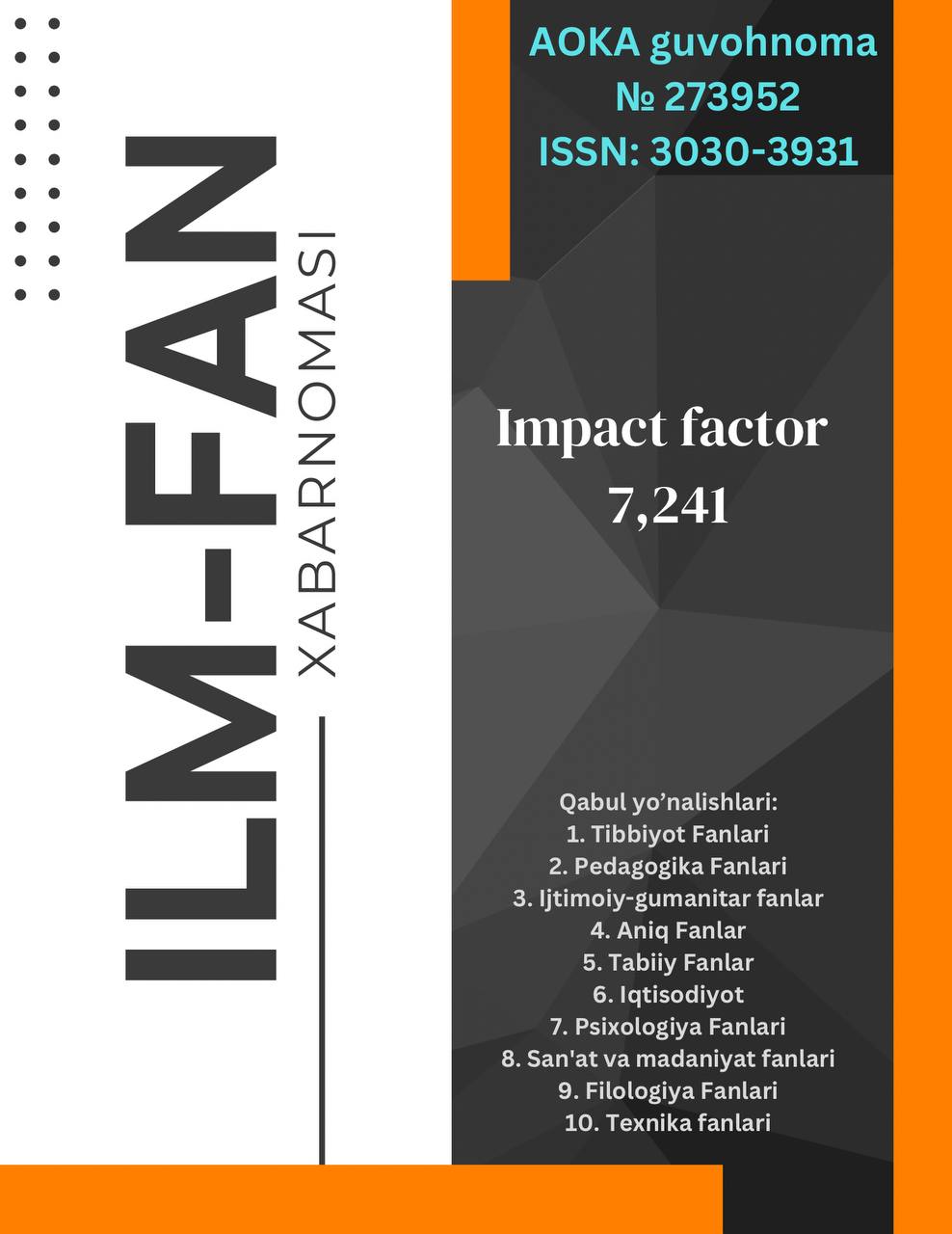GENERAL APPROACHES THE ESP TEACHER NEED TO TAKE
Keywords:
ESP, specialized English, teaching approaches, needs analysis, course design, professional communicationAbstract
English for Specific Purposes (ESP) is an evolving area of English language teaching that focuses on meeting the specialized linguistic and communication needs of learners in academic, professional, or vocational contexts. This article delves into the theoretical underpinnings of ESP instruction and highlights practical approaches ESP teachers must adopt for effective teaching. By addressing needs analysis, course design, teaching methodologies, and assessment techniques, this study provides a comprehensive framework for ESP educators.
References
1.Dudley-Evans, T. and St John, M.J. (2018) Developments in English for Specific Purposes: A Multi-Disciplinary Approach. Cambridge: Cambridge University Press, pp. 1-312.
2.Flowerdew, J. and Peacock, M. (2011) Research Perspectives on English for Academic Purposes. Cambridge: Cambridge University Press, pp. 1-350.
3.Hutchinson, T. and Waters, A. (2017) English for Specific Purposes: A Learning-Centred Approach. Cambridge: Cambridge University Press, pp. 1-183.
4.Hyland, K. (2016) English for Academic Purposes: An Advanced Resource Book. Abingdon: Routledge, pp. 1-256.
5.Munby, J. (2018) Communicative Syllabus Design: A Sociolinguistic Model for Designing the Content of Purpose-Specific Language Programmes. Cambridge: Cambridge University Press, pp. 1-232.
6.Robinson, P. (2011) ESP Today: A Practitioner’s Guide. Hemel Hempstead: Prentice Hall, pp. 1-164.
7.Swales, J.M. (2010) Genre Analysis: English in Academic and Research Settings. Cambridge: Cambridge University Press, pp. 1-276.




